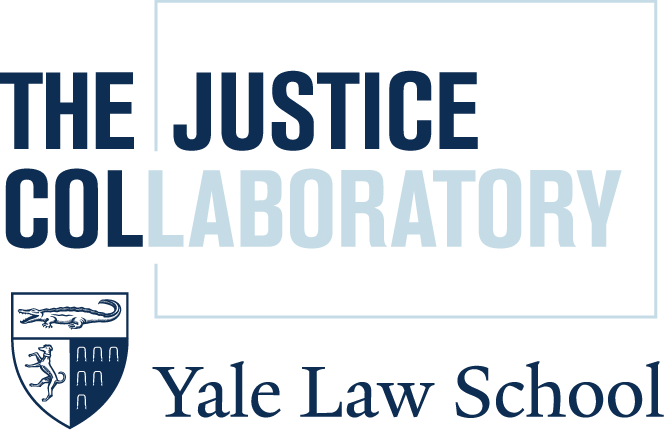Resources for Courts
We know that serious science can have serious impact. Data shows that people are more likely to respect the law when courts are seen as fair. The way people are treated throughout the legal process shapes their perception of fairness—even more than than the court’s ultimate decision.
Presentations on Procedural Justice for Courts
Procedural Justice and the Courts
For resources on procedural justice and the courts, visit the Procedural Fairness for Judges and Courts website.
In " Procedural Justice: Practical Tips for Courts,” Emily Gold LaGratta highlights communication strategies that can be used to promote perceptions of fairness in the court context. This resource was developed as part of a multi-year collaboration involving the Center for Court Innovation, National Judicial College, and the U.S. Department of Justice’s Bureau of Justice Assistance, with guidance from a national advisory board.
In “A Trauma-Informed Court Starts with Procedural Fairness” Judge Brian MacKenzie (Ret.) and Judge Kevin Burke (Ret.) offer insight into what makes some judges very effective and how to achieve litigant satisfaction through procedural fairness.
Procedural Justice for Prosecutors
Procedural Justice for Prosecutors is a curriculum developed through a partnership between the Center for Court Innovation and the Institute for Innovation in Prosecution at John Jay College in New York City. These materials respond to the growing recognition among prosecutors that bolstering public confidence in justice is an essential ingredient of reform. The goal of the curriculum is to assist District Attorney’s interested in beginning conversations about fairness, legitimacy, equity, and better interactions between line prosecutors and witnesses, defendants, and members of the public.


